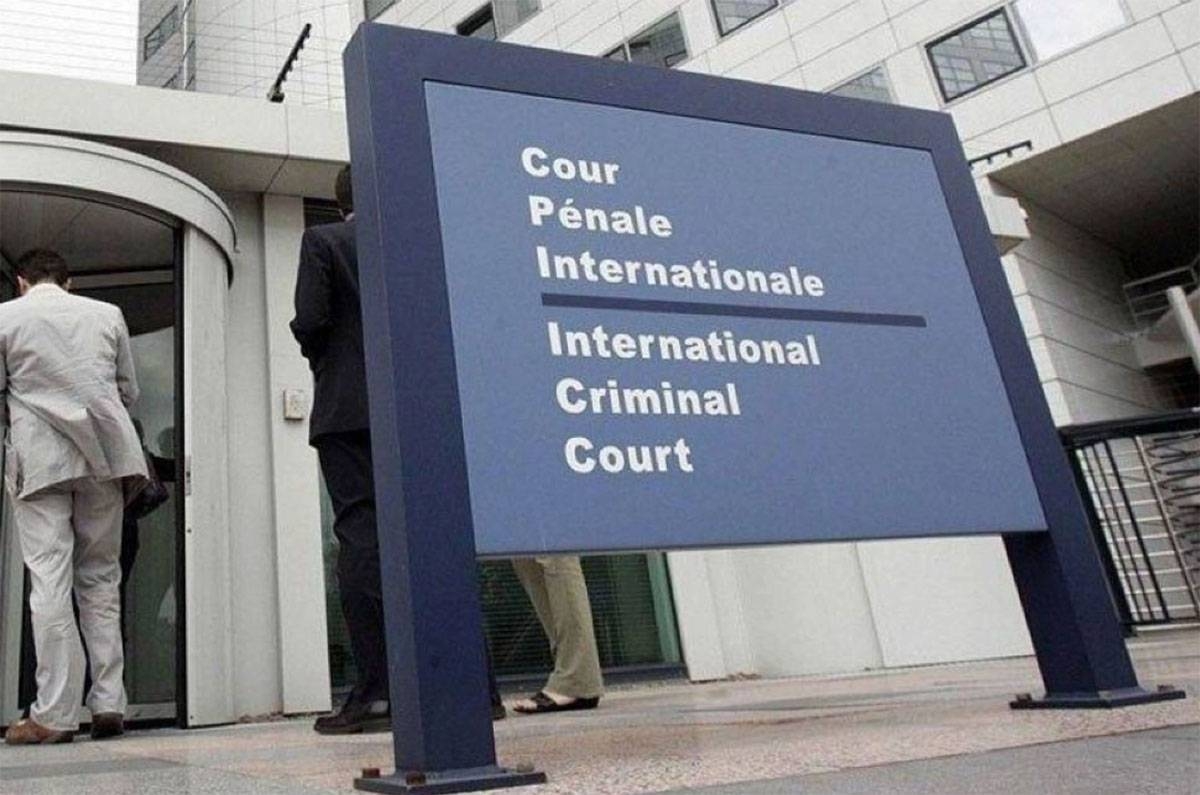Whether or not the Philippines rejoins the International Criminal Court (ICC), its jurisdiction to prosecute cases cannot be regained, according to former Palace spokesman and lawyer Harry Roque Jr. On Monday, Roque, an international law expert, asserted that “ICC jurisdiction once lost, cannot be regained despite a decision to join anew the Court.”
President Ferdinand Marcos Jr. recently announced that the government was studying the country’s possible return to the international tribunal. However, Roque emphasized that regardless of the Philippines’ membership status, the Court cannot invoke jurisdiction due to specific timeline limitations.
Roque explained that the ICC’s jurisdiction is applied prospectively and not retroactively. The Court’s prospective jurisdiction over the Philippines took effect when the country ratified the Rome Statute of the ICC in 2011. However, it was rescinded in 2019, one year after the country deposited the notice of withdrawal to the United Nations Secretary-General, as stipulated under Article 127.
“Without a retroactive effect, the Court cannot open past cases involving our former presidents because it will violate their right to due process,” Roque clarified. This means that the ICC cannot subject former president Rodrigo Duterte, referred to as FPRRD, to a probe because the Philippines withdrew from the Statute long before the Court authorized a preliminary investigation.
It is important to understand that the ICC’s prospective jurisdiction allows it to conduct a probe only on a sitting chief executive or current leaders suspected of committing grave crimes against the international community. This limitation is crucial in interpreting the Court’s jurisdictional reach.
Roque echoed Marcos’ stance that the Philippine government and the Court must first settle the fundamental issue of Philippine sovereignty and judicial independence relative to the Court’s jurisdictional reach. This concern highlights the need to carefully consider the implications of rejoining the ICC.
Furthermore, Roque urged the President to be cautious of individuals who might use the issue to gain political leverage against the Duterte family in the lead-up to the 2025 mid-term and 2028 presidential elections. He emphasized the importance of ignoring those who sow discord in the UniTeam and create dissension between the Marcos and Duterte families.
Roque’s insights shed light on the complexities surrounding the Philippines’ possible return to the ICC. While the government is studying the implications, it is crucial to consider the limitations of the Court’s jurisdiction and the potential political motivations behind the issue.
As international audiences seek to understand the situation, it is essential to contextualize the discussion within the framework of local laws and customs. The Philippines’ withdrawal from the ICC in 2019 and the subsequent limitations on the Court’s jurisdiction provide crucial background information.
While the decision to rejoin the ICC remains under consideration, it is important to navigate the issue with a clear understanding of the legal implications and potential political ramifications. By providing insights and commentary, experts like Roque contribute to a more comprehensive understanding of the situation.
Ultimately, the decision regarding the Philippines’ potential return to the ICC requires careful consideration of the country’s sovereignty, judicial independence, and the implications for its political landscape. As the government weighs its options, it is crucial to approach the issue with clarity and a balanced understanding of the legal and political complexities involved.
Source: The Manila Times







